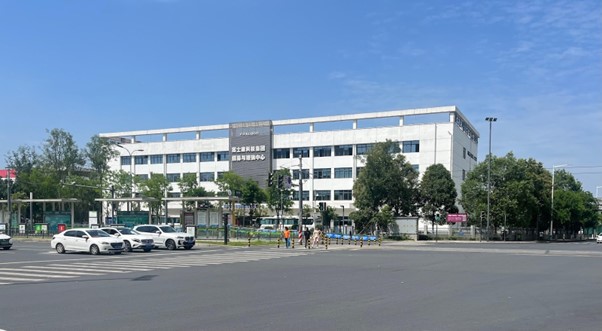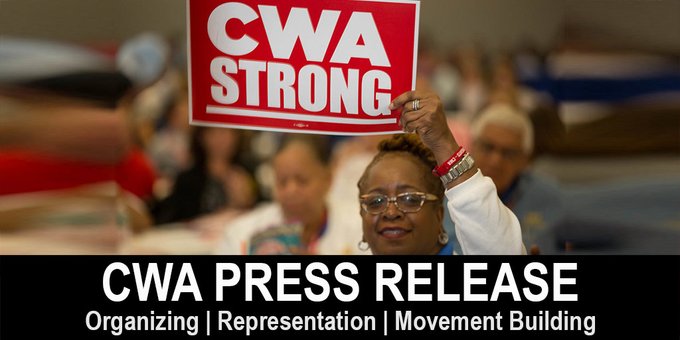Oekom’s analysts have scrutinised 43 of the world’s major IT companies and have made a horrifying discovery: “We found serious violations of human rights and of employment rights in more than 40 per cent of the IT companies. Those affected are principally suppliers in low wage countries such as China, Thailand, the Philippines and Mexico,” explains Philipp Rühle, the oekom analyst responsible for this sector.
The employees, the vast majority of whom are women, have to contend with poor health care provision, huge amounts of compulsory overtime and pay below the minimum wage. Unfortunately, cases where child labour is used are also not uncommon. The industry is not ignoring this situation. “Almost all the companies examined have now recognised that they bear responsibility for social and employment standards in their supply chains. However, there are significant differences between the levels of commitment shown by individual companies,” says Rühle. The leading companies here include Motorola and the household appliance manufacturer Electrolux, which take active steps to identify shortcomings among their suppliers and report transparently on the countermeasures introduced.
As well as reducing the energy consumption of its products, the IT sector faces further key challenges in the environmental field: improper disposal of used equipment means that large quantities of toxic substances continue to enter the environment worldwide. Furthermore, the industry is also losing valuable resources that could be reused in new equipment at relatively low cost. Thus far, very few companies are guaranteeing worldwide takeback free of charge. The computer manufacturer Dell is setting a lead by offering to collect used appliances from its customers without charging for the service. Other companies are leading the way in reducing hazardous substances contained in products: Apple, Hewlett-Packard and Ericsson, for example, have just taken decisive measures to replace brominated flame retardants in their products.
Oekom research used around 100 environmental and social criteria to arrive at its overall assessment of the companies. In this rating, the Dutch semiconductor manufacturer ST Microelectronics, together with the office equipment producer Xerox (US) and Ricoh (JP), came out on top. On a scale from A+ to D-, all three achieved a B. In awarding this score, the analysts were acknowledging these companies’ successful efforts to move towards managing their businesses responsibly.
Philipp Rühle sums up as follows: “The environmental and social impacts of production and disposal continue to take the shine off the majority of IT products. However, it is heartening that consumers are reacting with increasing awareness to such issues and are taking them into account in their purchasing decisions. In this way, consumers are acting as a driving force for positive change in companies.”
The “oekom Industry Information Technology” will set out the results for all companies analysed and will thus give an up-to-date and thorough insight into the activities of the industry. A short abstract of the research is available free of charge at oekom research. The full study can be ordered at oekom research for the amount of € 6,990. Contact: [email protected].










